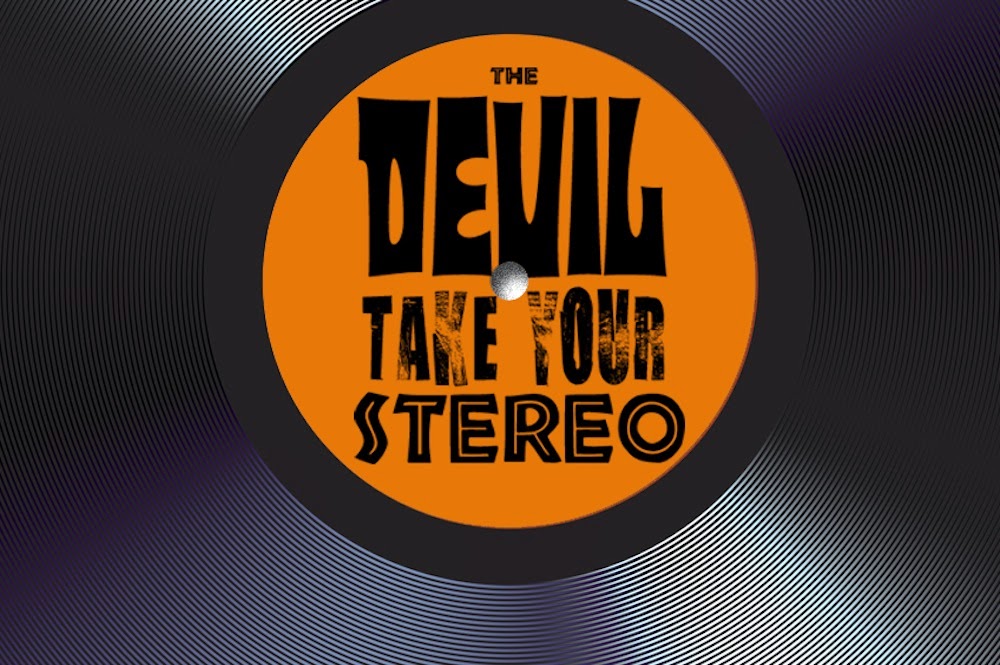Are you glad to see the back of the iPod?
Recently the BBC reported on what we all
knew already: now that there’s music on the tablet, the phone and the bleedin' vacuum cleaner, who needs an iPod?
Those of you who know me – and those of you
who have joined me on the Rock’n’Roll London Walk – will know that I am over-fond
of a rant about CD’s being the work of the devil, how they are not fit to lace
the boots of a vinyl record.
Surely, therefore, a traditionalist such as
I (everybody knows that traditionalist is just another word for Grumpy Old
Fart) will be happily dancing on the iPod’s grave. A grave, by the by, that
might look a little like this…
(The illustration: is it too much? Can you
tell I flirted with being a Goth as a teenager?)
So, good riddance to bad rubbish, then?
Far from it.
The thing about CD’s: I NEVER liked them. Didn’t
stop me buying hundreds of the feckers, o’course, but it was under duress, your
honour.
I first came across the Compact Disc in a
science classroom at school. Some well-meaning teacher had brought in his CD
player and an already impressive collection of CD’s (New Gold Dream by Simple
Minds was one of them, making this 1982/83). He was giving a demonstration and
waxing lyrical about how much better they were than records.
I remember picking one up in its little
square-ish case and turning it over in my hand. Plasticky. Brittle.
“No sleeve notes,” I griped. “Not as good
as a record.”
At which point the teacher took the CD case
from me and like some end-of-the-pier magician pulling flags-of-all-nations
from his sleeve, unfurled a hefty booklet full of sleevenotes with a smug
flourish.
There was something about his smugness from
which I never recovered.
His smugness.
His moustache.
The fact that we were in a science
classroom.
The well-meaning attempt to be “down with
the kids”.
The fact that the CD he was playing to
demonstrate his – sorry, the CD’s – wonderfulness was Private Eyes by Hall and
Oats.
The fact that the track was Mano a Mano,
the worst track on an already terrible album.
AND you couldn’t get The Beatles on CD back
then.
Done deal: why bother?
The iPod, on the other hand, appealed
directly to the music anorak in me. All of your music in your pocket, wherever
you go. All ordered in Playlists (best thing since the mix-tape, of which I was
an addict). It was listening AND curating. I loved it from the very first.
And, like The Walkman (another invention I
was very fond of), you could listen on the go and didn't have to creep like a
cat burglar so's not to upset the disc, unlike the wretched CD Walkman (crap
hardware for crap software).
Having said that, my first iPod
(illustrated above) is about 10 years old and went on the fritz years ago. The
Bush record player with the Garrard turntable upon which it is posing (also
above) is more than 50 years old and still goes like the clappers. For records,
and their players, I rest my case
But I’ll be sorry to see the iPod go.













